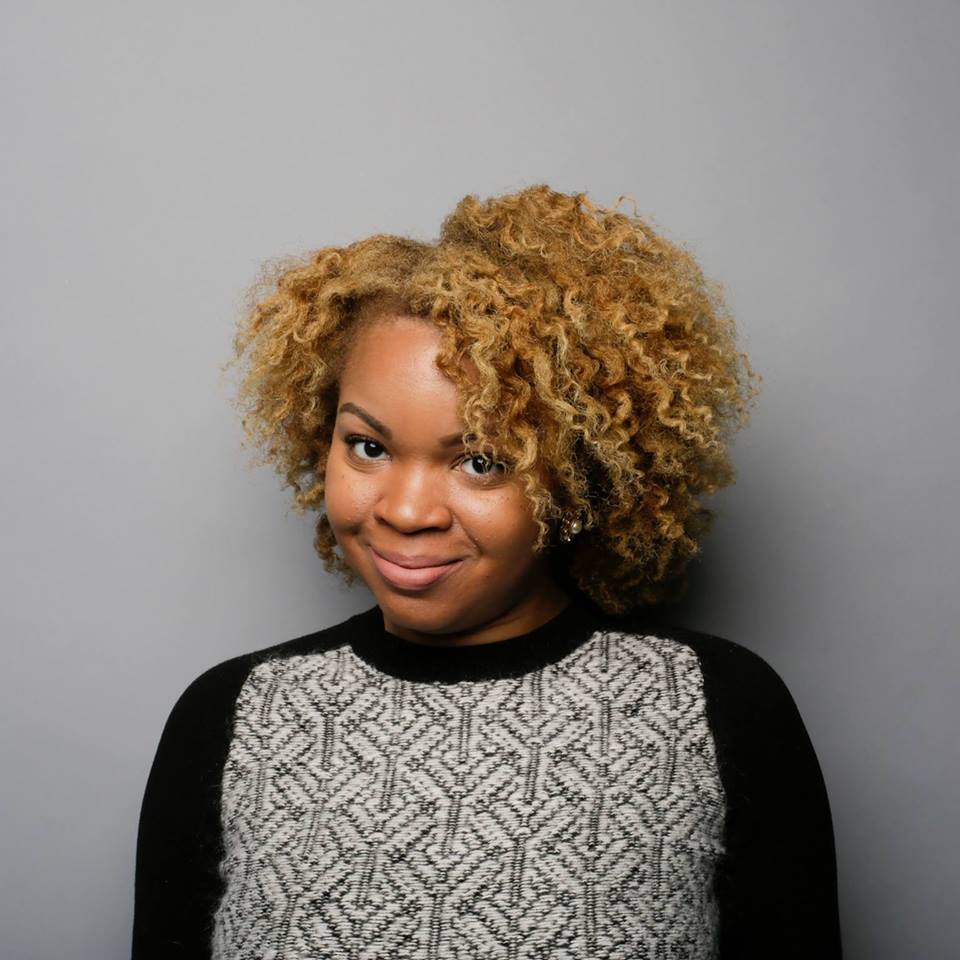'Master of None' Gives Honest Look at What Coming Out is Like for a Black Person

By:
In case you've been living under a rock, "Master of None" returned to Netflix on May 12 with its second season.
While the adventures of Aziz Ansari's Dev have earned rave reviews from critics, its a supporting character's storyline that might be the most profound.
Episode eight, "Thanksgiving," fleshes out the story of Dev's friend Denise, played by Lena Waithe, and shows how her family came to accept her sexuality over a series of dinners.
"I was sitting with the writers and Alan asked how I came out. We got into this big dialogue about what that was like, how I grew up around a bunch of women and how it could be very difficult, but how my relationship with my mom evolved over time,” Waithe, who co-wrote the episode, told The Hollywood Reporter. “It really ended up being a gift to me and to my story and to any person that's ever come out, any person that's ever had a best friend that's lived with them throughout their whole life. It's a beautiful piece of work.”
It's refreshing to see Denise's backstory because often in television and film black women are typecast in very specific roles.
They're either hyper-sexualized (like Bonnie, played by Zoe Kravitz, in “Big Little Lies”) or nothing more than a footnote or a sidekick, void of any desires or sexuality (like Dion, played by Stacey Dash, in “Clueless”). It doesn't help that black women have been labeled by society as overtly sexual, fetishsized and then, ultimately, deemed the least desirable to date. This is usually the formula for on-screen characterizations of cisgender (people who identify with their sex at birth) black women, whereas black lesbian or trans women are usually nothing more than an extra or punch-line whose depth is hardly ever considered worth exploring.
"We’ve never really seen a black lesbian come out on television, as far as I can remember."
Ansari, show co-creator Alan Yang, and Waithe allowed viewers to experience a black lesbian woman's journey of coming out in a way that has never been explored, all through the lens of a black family.
“We’ve never really seen a black lesbian come out on television, as far as I can remember,” Waithe told Out. “That’s important. I’m a minority woman, so I relate very much to that. Coming from being educated in film and TV and being a viewer my whole life, I didn't get many images of my people’s story. That is one of my goals as a filmmaker: to make that a more normal experience for the world to see.”
The episode spanned over several Thanksgiving holidays from Denise's childhood to present day. It wasn't until Denise was a teenager, Thanksgiving 1999, that she finally mustered the courage to articulate her feelings about women. She came out to Dev while sitting in her room before they had Thanksgiving dinner, calling herself "Lebanese" because she hadn't quite gotten a firm handle on being identified as a lesbian yet. A few years later, in 2006, Denise came out to her mom while they were sitting in a diner. "Ma, I'm gay," she told her mom. "I'm gay. I've always been gay."
Catherine, looking visibly pained, tells her daughter, “I just don’t want life to be hard for you. It’s hard enough being a black woman in this world. Now you want to add something else to that?”
It's a telling moment about living at the intersection of three marginalized identities: black, female, and lesbian.
As Denise mentioned in the episode to Dev, "being gay" wasn't really something black people talked about with each other. And, as unfair it may be, Catherine's fears about the struggles Denise will face as a LGBT black woman are legitimate. According to Human Rights Campaign, black people in the LGBT community face racism in addition to homophobia, transphobia, and other issues such as health inequity, economic insecurity, higher rates of hate violence, harassment and more.
That's why "Thanksgiving" is such an important episode.
"I feel very honored and proud that I get to tell this story from my point of view. I hope that we're changing the way mothers, daughters, families, view what it means to be gay and black in America now," Waithe told TV Guide.
Denise's coming out story was a step in the right direction for not only representation but the education for others who may not even know these types of people of color exist.
The second season of "Master of None" is now streaming on Netflix.
